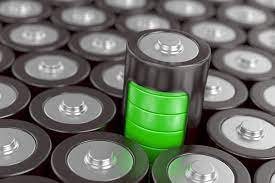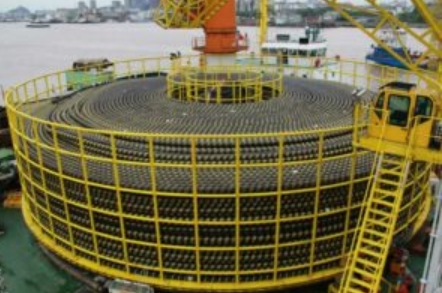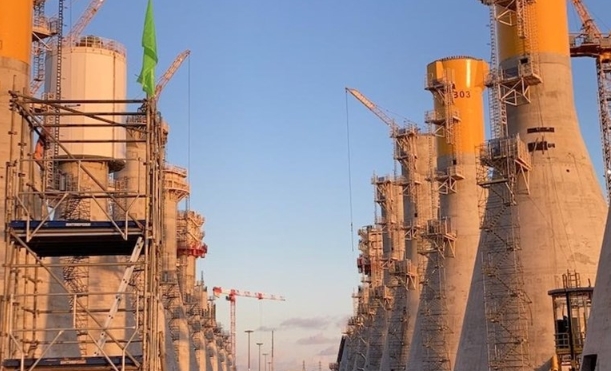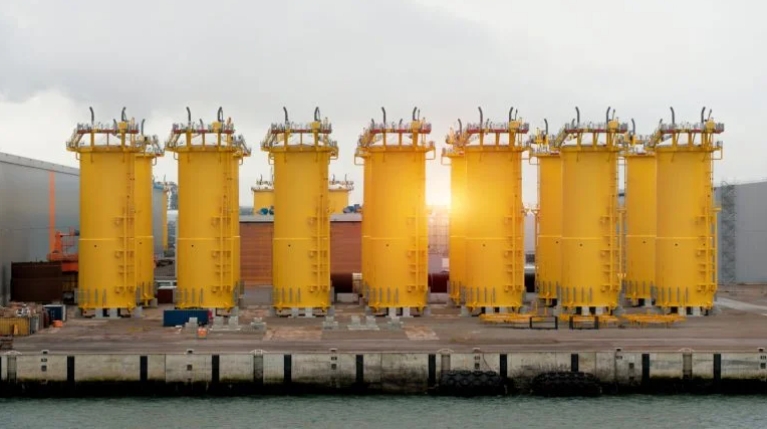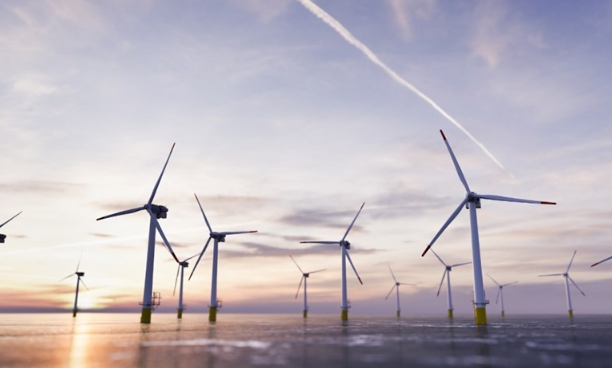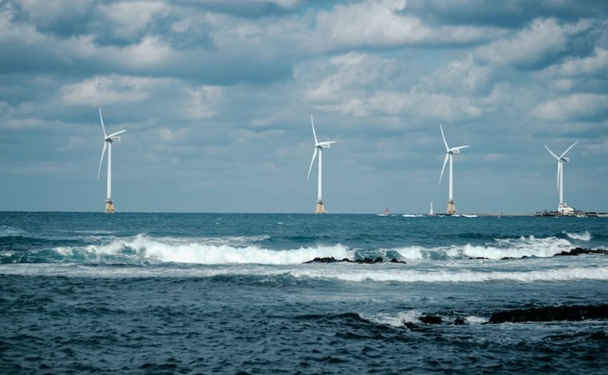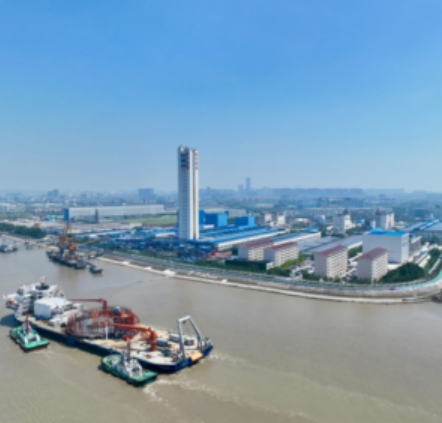Amid the fraught debates over petrol prices, exchange rates and rising cost of living, cheerful news slips by without notice.
One such refreshing news was the report last week that the new Executive Vice Chairman/CEO of the National Agency for Science, Engineering and Infrastructure (NASENI), Dr. Bashir Gwandu, was already in serious talks with foreign investors to invest in the local production of lithium batteries.
According to media reports, NASENI, a Federal Government agency charged with the technological and scientific development of the country recently met with some key exporters of lithium from Nigeria and advised them to consider inviting their off-takers in different parts of the world who manufacture lithium batteries to come and invest in the end-product production in Nigeria.
Currently, 40 per cent of an Electric Vehicle (EV) cost comes from the battery, and by 2030, most new vehicles in the world would be electric vehicles. In the industrialised world, there would be no more new fuel-powered vehicles. Combustion engine cars would be phased out.
It was in recognition of this that Britain announced that it had attracted TATA of India to set up a £4 billion lithium battery plant in Somerset, UK, reportedly offering hundreds of millions of Pounds Sterling in incentives.
In Africa, the race is on, however muted it may seem at this point. For example, reports indicate that five African countries with some of the world’s largest deposits of lithium reserves – Zimbabwe, Namibia, Ghana, the Democratic Republic of Congo, and Mali – have commenced lithium projects at various stages, the most aggressive being Zimbabwe.
Nigeria cannot afford to be a bystander. Or contemplate repeating its chaotic and heart-rending experience in steel production again. Though the Kaduna lithium project, being developed by China’s Ming Xin Mineral Separation Nigeria Ltd with the state government, was supposed to have been commissioned in April this year, the deadline was missed and concerns about the implementation framework remain.
It’s in this regard that this newspaper finds NASENI’s bold move commendable, especially coinciding with the aggressive new thinking emerging in the UK about the strategic importance of being a hub for the processing of this commodity. The Nigerian government must also take the matter seriously by providing the support that NASENI needs.
We regard Gwandu’s meeting in Abuja with LEMI of China, major players in the Electric Vehicle sector, as an important first, and trust that similar engagements would follow.
Nigeria must seize the initiative in becoming a global technological player and shape its own economic fortunes. Most of the countries buying our crude oil today would no longer need fuel for their vehicles in the future.
It would be wrong for our government to look the other way and allow our raw materials such as lithium and phosphate to continue to be exported in raw forms to foreign factories when we could get lithium manufacturers to establish their chain of plants on Nigerian soil.
After all, we not only have extensive raw materials, we also have talents that could work in these factories. Establishing such plants in Nigeria would help to reduce our bourgeoning unemployment through creation of real permanent jobs. One major advantage Nigeria has over countries like Britain is our cheap labour. We have a youthful and educated population that could easily be channeled to make Nigeria an industrialised country like the Asian Tigers.
Therefore, the Federal Government needs to seriously support moves by agencies like NASENI to reduce brain drain of Nigeria’s young talents who are daily fleeing abroad and support the emergent local EV industry being championed by NASENI and the National Automotive Design and Development Council (NADDC).
A Nigerian EV market could be created through government incentivising investors to establish their factories in-country. The heavy British incentives, announced a few days after NASENI’s meeting with the Chinese manufacturers to TATA of India in this regard, is a wake-up call and a pointer to how we can take advantage of this new industry to become a relevant global player.
Should Nigeria compete and export lithium batteries to the global EV market, the country would not only save scarce foreign exchange but also generate ample foreign exchange that would boost the gross domestic product (GDP) and Nigeria’s overall economic performance.
Further support for NASENI in relation to their most recent initiatives would also help build a technological base that would produce capital goods for the automotive, aerospace, manufacturing, agro-allied and other industries.
This is the right way forward, as Nigeria struggles to build a new economic future in the face of advances to replace the global use of fossil fuel, which is presently central to our economic well-being.
